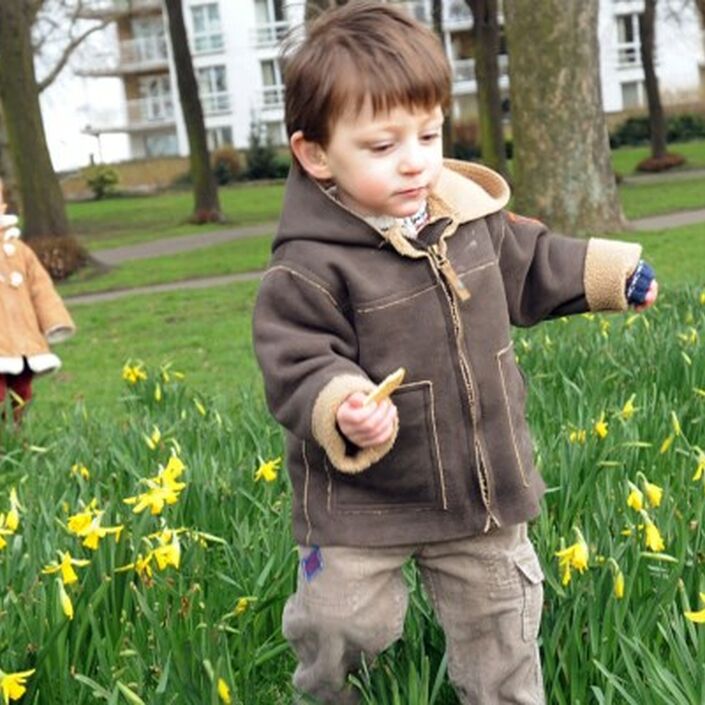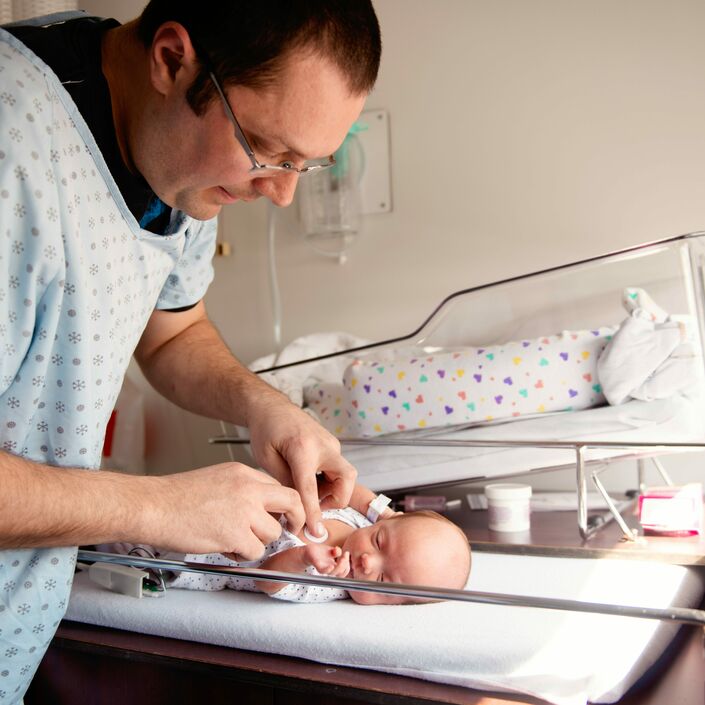When do most children start primary school?
In the UK, most children start school full time in the August or September after their fourth birthday. This means they’ll turn five during their first school year.
Legally though, they do not need to start school until they are of “compulsory school age”, which is the start of the term after they turn five.
The way the school year ‘cut-off’ works is different across the UK:
- In England and Wales, children who turn 4 between 1 September and 31 August will start school the following September.
- In Scotland, children who turn 4 between 1 March and 28 February will start school the following August.
- In Northern Ireland, children who turn 4 between 2 July and 1 July (the next year) will start school the following September.
Children born in the months ahead of the school year cut-off will be the youngest children in their school year. In England and Wales, these are called ‘summer-born’ children.
Their “compulsory school age” isn’t until the August or September after their fifth birthday. This means these children do not have to start school until a full year after the rest of their age group.
How might being born premature affect my child when they start primary school?
All children develop differently, but research has shown that children who were born premature are more likely to have Special Educational Needs and Disabilities (SEND). This is compared to children born at full-term.
This means that they may have more difficulties with learning, particularly with mathematics, than children born at full term. They may also need some extra attention to help with social and emotional development.
All babies born premature are more likely to develop special educational needs, but this is most common with very premature babies - those born at less than 32 weeks.
These needs do not mean that your child will struggle at school. Being aware of specific needs - for both parents and teachers – is hugely important to making sure that they get the correct support for them.
Becky, who had her son at 32 weeks told us:
“My son was born at 32(+5) weeks and his development was typically 'normal' at home. However since starting primary school we’ve noticed some behaviours listed in this information pack. If we had read this before starting primary school, I definitely would have mentioned his premature birth to his teachers.”
What sort of things should I look out for?
Special educational needs connected to premature birth can include:
- Developmental delays - where a baby may take longer to sit up or walk. These delays may continue into early childhood and affect pre-school milestones, such as talking and potty training.
- Challenges with their thinking skills - where it takes longer to process and complete tasks.
- Difficulties paying attention to tasks – children born premature are three times more likely to have Attention-Deficit/Hyperactivity Disorder (ADHD) than children who were born at term.
- Problems with hand-eye coordination - which can affect everything from handwriting to getting changed for sports lessons.
They may also have some other needs that affect their social development, such as:
Some parents and carers feel their child is ready to start school at the typical time in line with their actual birth date. Other parents may feel it would be better for their child to start school a bit later, in line with their projected birth date. This is particularly common if their child will be starting school in an older year group than if they had been born at full term.
Parents and carers have often requested that their child starts school a bit later if they were born premature. This is so they have more time to develop and get ready for full-time teaching.
Overall, there is no firm evidence that delaying school entry is beneficial for children that were born premature. School may actually be the best place for them to receive the specialist support they need from the earliest opportunity.
This is different though for all children and you know your child best. You should trust your instincts as a parent and talk to your local authority and the schools you would like your child to attend if you have concerns.
Talking to the schools you would like your child to attend as early as possible is important for deciding which option or setting is best for them. Special Educational Needs and Disability Coordinators (SENDCo, or SENCo) will be best placed to help you make a decision.
Parents are encouraged to look at a multiple schools because you will be asked to rank your choices. You may not get your first choice school so it is important to understand the different environments that your child might learn and develop in.
Premature "summer-born" children or “young for year” in England, Wales and Northern Ireland
The situation for premature summer-born or “young for year” children is slightly different. Depending on their due date, a baby born premature in the summer months (April to August) may fall into a school year earlier than they would have if they had been born at full term.
For example, in England and Wales, a baby due to be born on 31 October would have been among the oldest in their school year. If that baby is born very premature and has a 31 August birth date, they will be expected to start school a week or so after they turn four. This means they would start school a year earlier than they would have if they had not been born premature.
They could be experiencing the complications of their premature birth, as well as being the youngest in their school year. You may hear this called a “double disadvantage”.
Studies have shown that starting school based on the expected due date (in this example, 31 October) – not the real date of birth – for premature summer-born babies may lead to improved educational outcomes. This means that premature summer-born babies may benefit from their school start being deferred or delayed.
Edvidge, mum to her daughter, born at 26 weeks, told us:
“The important things for us was to give our daughter the best chance to enjoy and thrive at school. It was really important reading that research shows that for premature children who were summer-born, it could be beneficial to follow their projected due date when thinking of starting school.”


